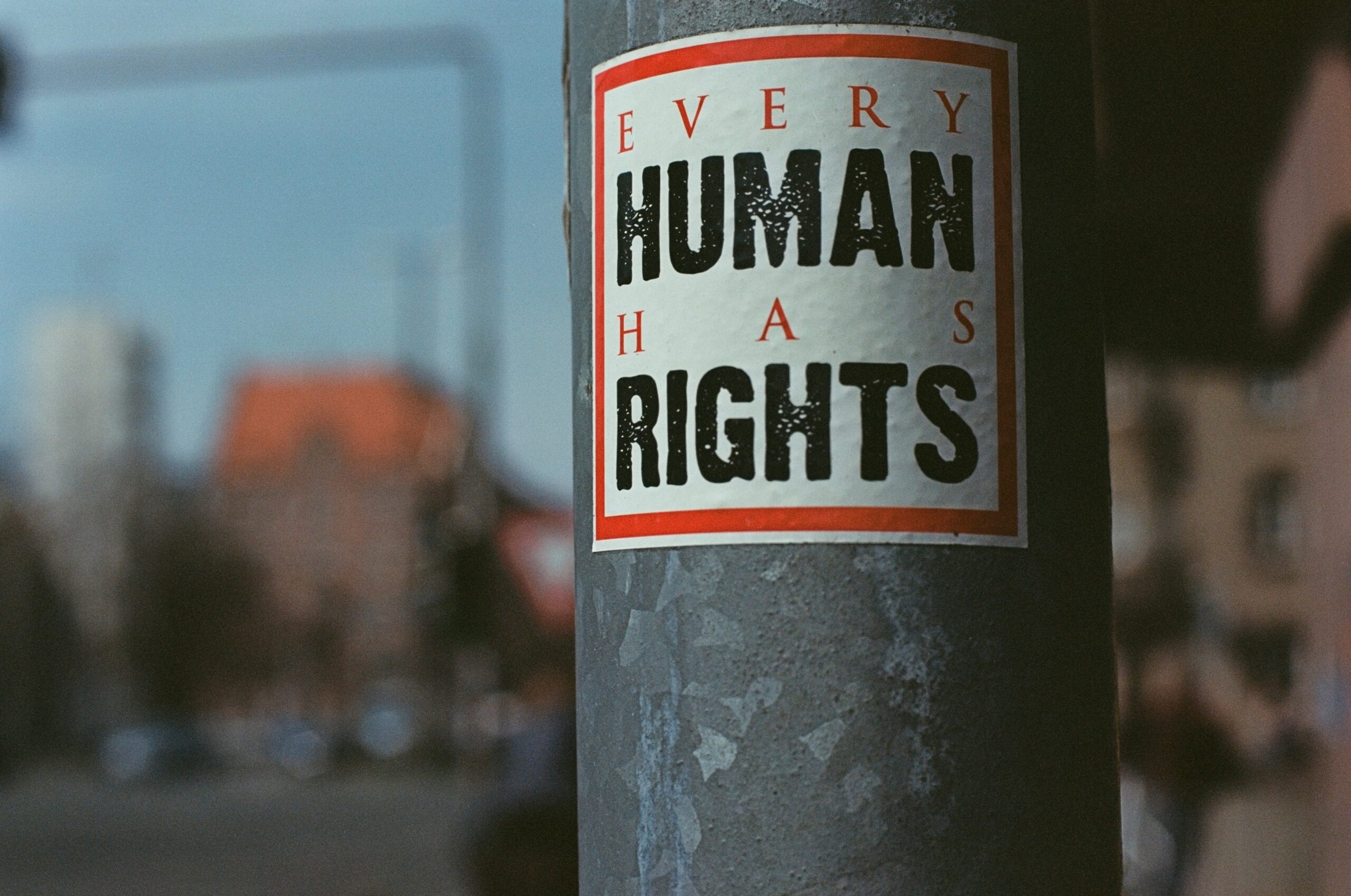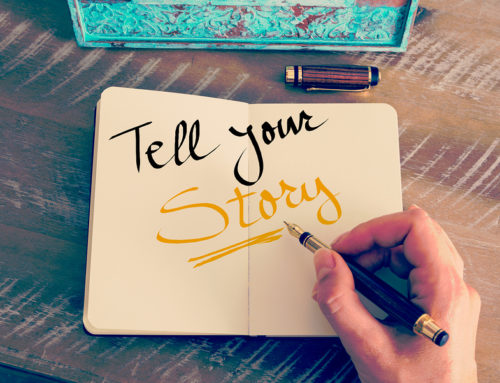
On a recent Nonprofit Communications Directors Mentoring Program call, the group discussed creating a nonprofit storytelling “bill of rights” for their organizations. A storyteller’s bill of rights outlines the roles, responsibilities, expectations, promises, and benefits to and of the nonprofit and the story’s subject.
Let’s look at how several nonprofits approach their storyteller bill of rights. Most of these organizations have storytelling as a core part of their missions. That means they are way ahead of the rest of the nonprofit sector in thinking through these issues. Learn from them!
Immigrants Rising Storytellers Bill of Rights
The example from Immigrants Rising is the one I see referenced the most. They break their page into two sections. The first is Storytellers Bill of Rights, for when people are asked to share their story. It starts, “I have the right to:”
The second part is titled Storytelling Principles of Trust. It starts with “When Immigrants Rising asks people to share their stories, we promise to:”
Oregon Consumer Justice adapted the Immigrants Rising page on their own website under the heading “Story Collection.”
Relate Lab Storytellers Bill of Rights
The page from Relate Lab is much more concise, with nine points. That ninth point is: “You have the right to your story. It is yours. It is a gift. You can choose who, how, and whether to share this gift.”
It’s an excellent frame of mind. As much praise as nonprofits heap on folks giving cash gifts, we should share the same kind of appreciation with those who gift their stories to us.
Voice of Witness Ethical Storytelling Principles
As oral historians, Voice of Witness always centers the storyteller and refers to them as narrators rather than interviewees or interview subjects. Their principles center the narrators themselves more than the production of the story, focusing on the whole person and how that person is the expert.
Dulwich Centre Charter of Storytelling Rights
Do you work with people whose problems result from human rights abuses, injustices, and other trauma? You may find the conversation and links from the Dulwich Centre especially helpful.
Economic Security Project’s Storytelling Guide for Guaranteed Income Advocates
This guide is mostly about telling your story to support the organization’s mission. It includes many great sections, including developing key messages, talking points, storytelling best practices, which phrases to use and not, etc.
See the section titled, “Ethical and Decolonized Storytelling” for their “bill of rights” in the form of questions, such as
- Are you suspending preconceived ideas about what you want the story to say?
- Have you shared and received final approval for the story from the protagonist and others featured in the story?
- Will the storyteller have the opportunity to benefit from the public distribution of their story in addition to you/your organization?
YWCA Seattle | King | Snohomish Ethics of Storytelling How-to Guide
This guide puts the privacy needs of the storytellers front and center with a number of best practices to assure anonymity when needed. It also includes a section on being intentionally representative.
We hope you’ll read the examples above carefully, get inspired to create your own nonprofit storytelling bill of rights, and give ample credit to the organizations above for leading the way!




